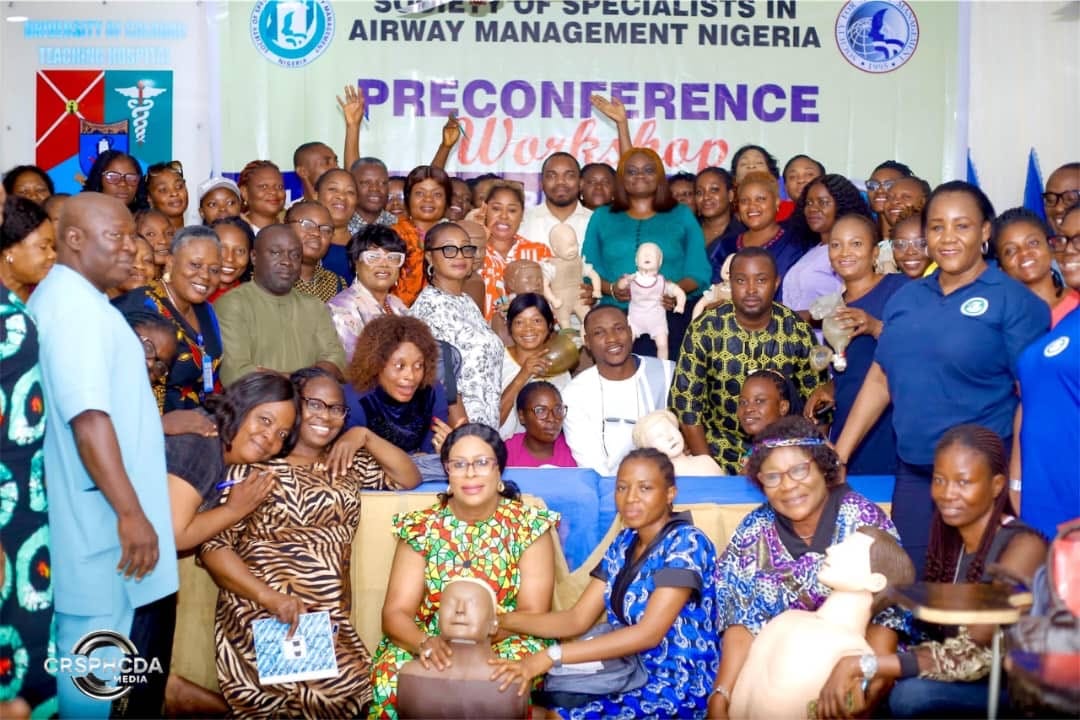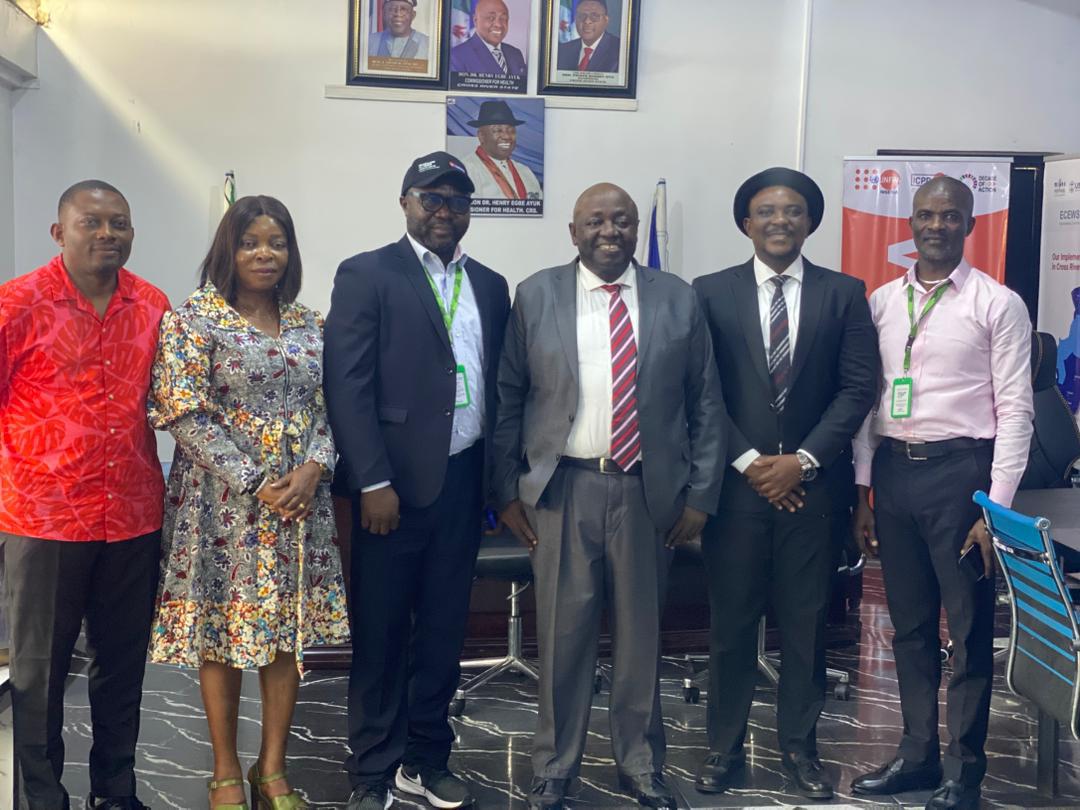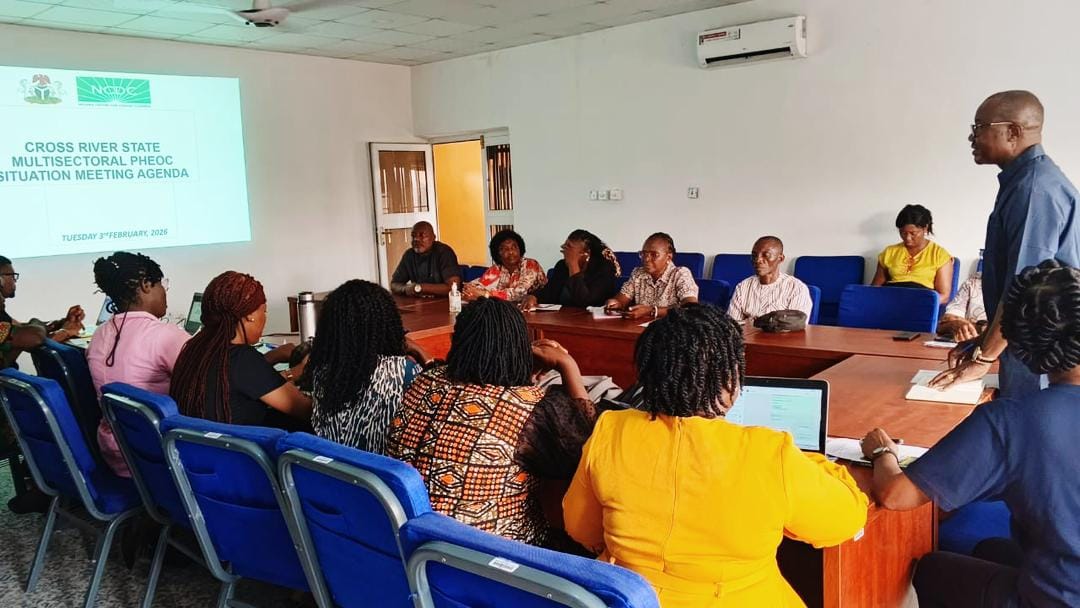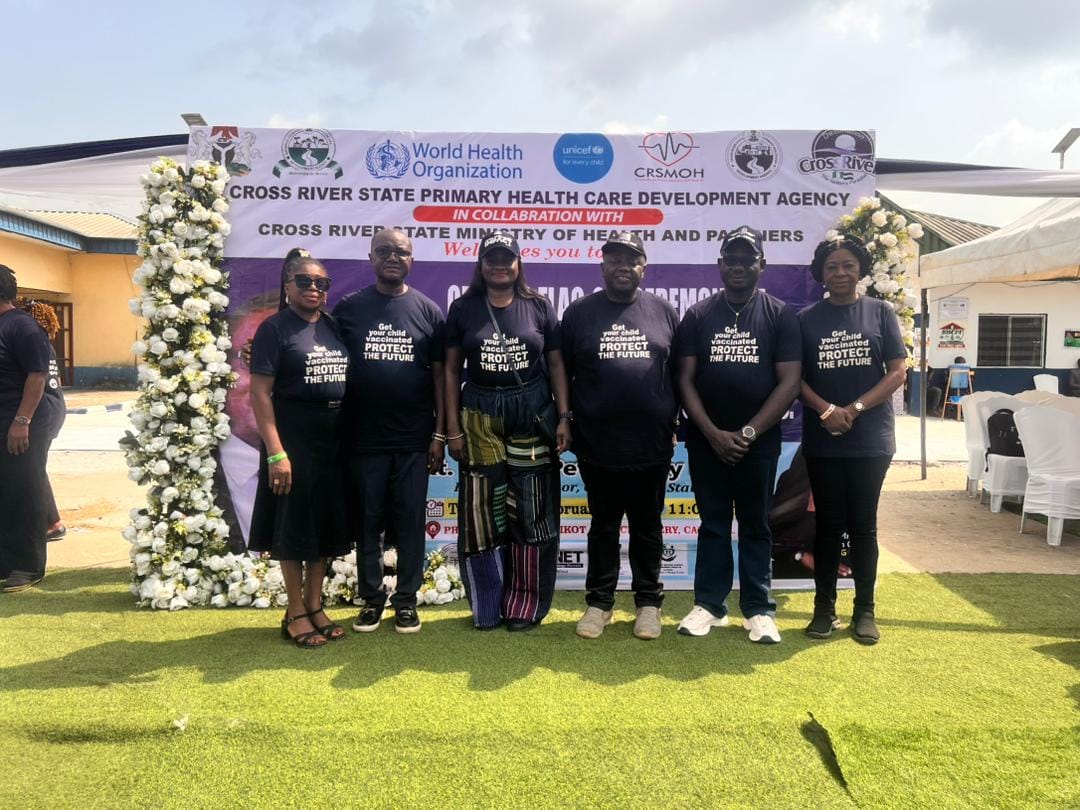The Cross River State Primary Healthcare Development Agency (CRSPHCDA) has successfully concluded a comprehensive Basic Life Support (BLS) training programme for frontline healthcare professionals drawn from all 18 Local Government Areas, aimed at enhancing pre-hospital emergency response capabilities across the state.
The training, which took place at the University of Calabar Teaching Hospital (UCTH) Conference Hall, was conducted in collaboration with the Society of Specialists in Airway Management Nigeria. According to the Director General of CRSPHCDA, Dr. Vivien Otu, the initiative was a strategic effort to equip primary healthcare personnel—often the first point of contact in medical emergencies—with critical resuscitation skills, including cardiopulmonary resuscitation (CPR), airway management, and initial trauma care.
“Given the decentralized nature of healthcare delivery in Cross River State and the limited availability of advanced emergency care facilities in rural areas, this training is essential,” Dr. Otu stated. “Empowering primary-level providers with BLS competencies enhances the chain of survival and significantly improves patient outcomes in time-sensitive medical emergencies.”
Dr. Otu expressed appreciation to the Executive Governor of Cross River State, Senator Prince Bassey Edet Otu, for his commitment to healthcare workforce development, particularly in rural and underserved communities. She also commended the leadership of UCTH and the technical facilitators for their professional support and resource mobilization throughout the exercise.
Addressing the ethical responsibilities of bystanders and the general public during medical emergencies, Dr. Otu decried the increasing practice of disseminating images and videos of victims on social media platforms rather than rendering assistance or seeking appropriate help. She urged citizens to act responsibly and to support medical personnel in the course of their duties.
Furthermore, Dr. Otu encouraged participants to serve as peer educators by disseminating the acquired knowledge and skills to their colleagues at the grassroots level, thus ensuring a multiplier effect in emergency preparedness across the state.
The BLS training incorporated practical simulation sessions, scenario-based drills, and team coordination exercises. Participants who met the competency benchmarks received formal certification, aligning with national and international standards for emergency response training.
Participants expressed gratitude to the state government for facilitating the programme, noting that the skills acquired are vital for improving pre-hospital care and reducing mortality from preventable causes such as cardiac arrest, respiratory failure, and trauma.













